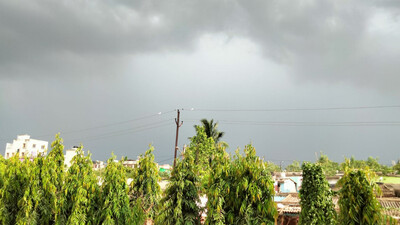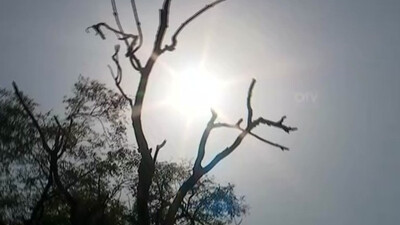In its report 2012 National Trade Estimate Report on Foreign Trade Barriers, the US Trade Representatives (USTR) Monday said the US has actively sought bilateral and multilateral opportunities to open India`s market.
"The structure of India`s customs tariff and fees system is complex and characterised by a lack of transparency in determining net effective rates of customs tariff, excise duty and other duties and charges on imports into India," said the India section of the report.
US goods trade deficit with India was USD 14.5 billion in 2011, up USD 4.3 billion from 2010, it said. US goods exports in 2011 were USD 21.6 billion, up 12.4 per cent from the previous year. Corresponding US imports from India were USD 36.2 billion, up 22.5 per cent.
Noting that India is currently the 17th largest export market for US goods, the report said US exports of private commercial services (excluding military and government) to India were USD 10.3 billion in 2010 (latest data available), and US imports were USD 13.7 billion.
Sales of services in India by majority US-owned affiliates were USD 13.1 billion in 2009 (latest data available), while sales of services in the US by majority India-owned firms were USD 7.2 billion.
The stock of US foreign direct investment (FDI) in India was USD 27.1 billion in 2010, up from USD 20.9 billion in 2009, it said adding, that US FDI in India is led by the information, professional, scientific, and technical services, and manufacturing sectors.
In its report, USTR said India` procurement practices and procedures are often not transparent. Foreign firms also rarely win Indian government contracts due to the preference afforded to Indian state-owned enterprises and the prevalence of such enterprises.
USTR said India`s tax exemption for profits from export earnings has been completely phased out, but tax holidays continue for certain export-oriented enterprises and exporters in Special Economic Zones. "In addition to these programmes, India continues to maintain several other export subsidy programmes, including duty drawback programmes that appear to allow for drawback in excess of duties levied on imported inputs," it said, adding that India also provides pre-shipment and post-shipment financing to exporters at a preferential rate.
India`s textile industry enjoys subsidies through various modernisation schemes, such as the Technology Upgradation Fund Scheme and the Scheme for Integrated Textile Parks, USTR said.
India needs to improve its IPR regime by providing stronger protection for copyrights, trademarks and patents, it said, adding that the country also needs to provide effective protection against unfair commercial use of undisclosed test and other data generated to obtain marketing approval for pharmaceutical and agrochemical products.
The US, the report said, has raised a number of concerns with the draft copyright legislation, including inadequate protection against unlawful circumvention of technological protection measures connected to Indian and foreign rights holders` copyrighted works.
"Large-scale copyright piracy, especially in the software, optical media, and publishing industries, continues to be a major problem. In addition, India`s criminal IPR enforcement regime remains weak," it said. India, the report said, continues to prohibit or severely restrict foreign investment in certain sectors, such as agriculture, multi-brand retail trade, railways, and real estate.












